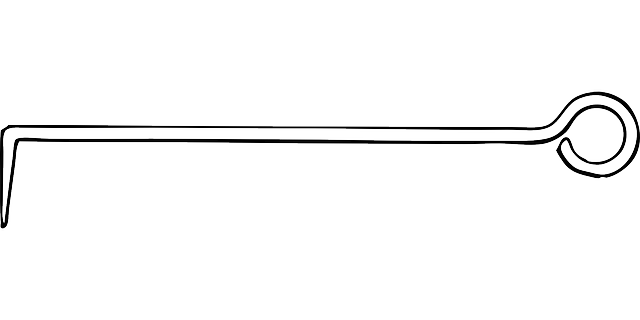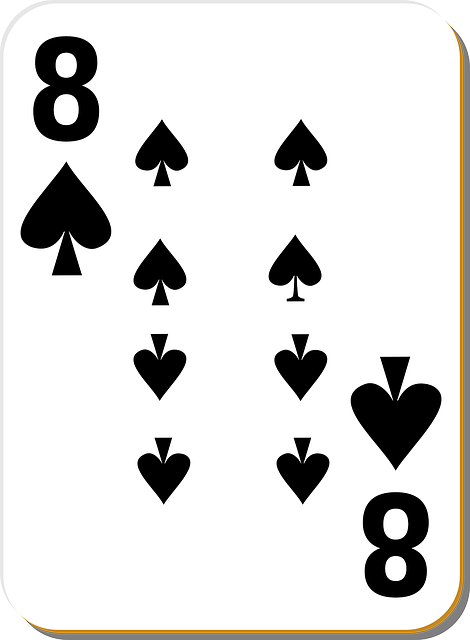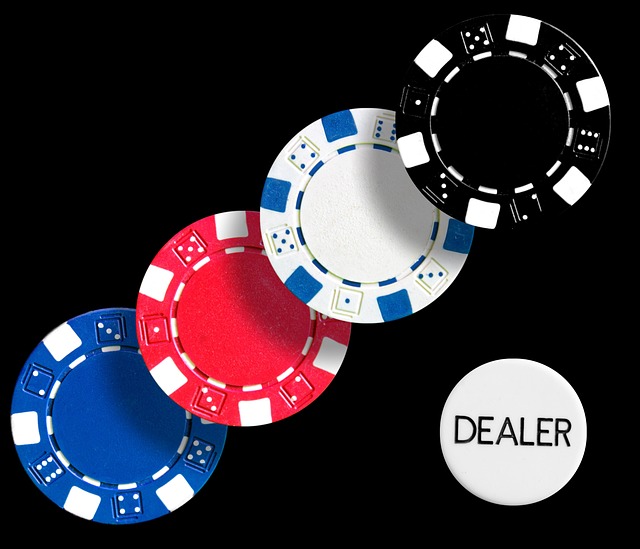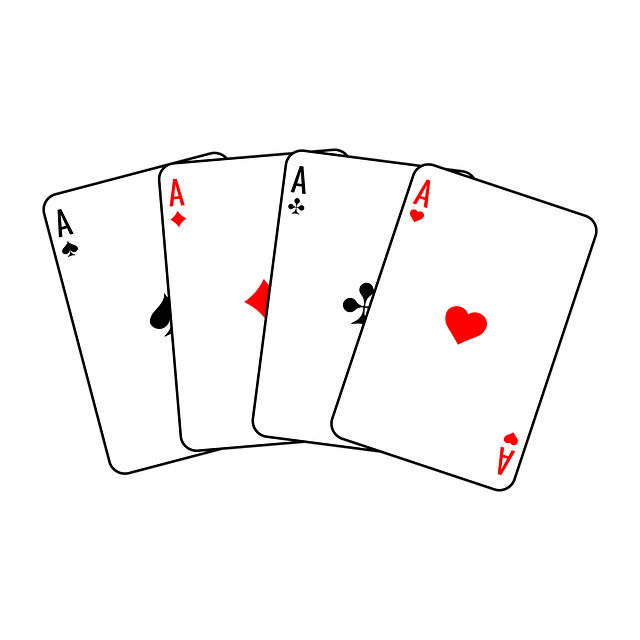Playing poker isn't just about cards; it's a psychological dance involving reading opponents through betting patterns, body language, and mannerisms. Understanding player types (tight vs. loose) gives you an edge. Prioritizing strong hands and late positions improves decision-making. Effective betting strategies, tell management, and controlled body language are key to mastering poker and outperforming opponents.
“Uncover the secrets to avoiding common poker mistakes that can cost you the game. This comprehensive guide explores three critical aspects of successful poker play: understanding your opponents, choosing hands wisely based on position, and mastering betting strategies with tell management. Learn how to make informed decisions, read body language cues, and adapt your gameplay effectively. By addressing these areas, you’ll elevate your poker skills and enhance your chances of winning, making you a better player in every game.”
- Misreading Your Opponents
- Poor Hand Selection and Position
- Ineffective Betting Strategies and Tell Management
Misreading Your Opponents

When learning how to play poker, one crucial aspect that often goes overlooked is understanding your opponents. Misreading them can lead to costly mistakes at the table. Poker is as much a psychological game as it is about cards and strategies. Observe not just their betting patterns but also their body language, facial expressions, and even small mannerisms. A player who appears tight (reluctant to bet) might be bluffing aggressively, while someone loose (willing to gamble) could have a strong hand or be completely inexperienced.
Paying attention to these subtleties can provide valuable insights into their playing styles and help you make more informed decisions. Adjust your strategy accordingly—if you sense a player is cautious, consider a bold move; if they seem aggressive, play conservatively. Mastering the art of reading opponents is an ongoing process in poker, one that separates the good players from the great.
Poor Hand Selection and Position

In the game of poker, one of the most fundamental aspects to master is understanding hand selection and position. Many players make the common mistake of chasing hands they shouldn’t, often due to a lack of discipline at the table. Knowing which hands to play and when is crucial for improving your poker skills. By focusing on strong starting hands like pairs, high cards, or suited connectors, you set yourself up for success.
Position is another key factor. Sitting in late positions gives you an advantage as you get to act after most other players, allowing for better control of the hand. Using this strategic position, you can observe how others play and make more informed decisions about calling, raising, or folding. This awareness of hand selection and positional advantages is essential when learning how to play poker effectively.
Ineffective Betting Strategies and Tell Management

Many poker players struggle with ineffective betting strategies, often leading to poor outcomes at the table. One common mistake is failing to adjust bet sizes based on hand strength and position. Playing too aggressively or conservatively across all scenarios can result in lost opportunities and increased variability in winnings. Understanding when to bet, check, or fold is fundamental to successful poker play.
Furthermore, tell management is a crucial skill to master for any serious poker enthusiast. Tells are unconscious cues that give away your hand strength, and if left unchecked, they can leak valuable information to opponents. Controlling your tells, such as maintaining eye contact, avoiding fidgeting, and keeping a steady pulse, ensures your intentions remain hidden, enabling you to play with greater deception and improve overall how to play poker.
Avoiding these common poker mistakes is key to improving your game. By understanding your opponents, selecting strong hands strategically, and employing effective betting techniques, you’ll enhance your chances of success at the table. Remember, in poker, learning from experience is invaluable; each hand played is an opportunity to refine your skills and ultimately become a more proficient player. Start applying these tips today and take your poker journey to the next level while navigating the intricate world of How to Play Poker.






